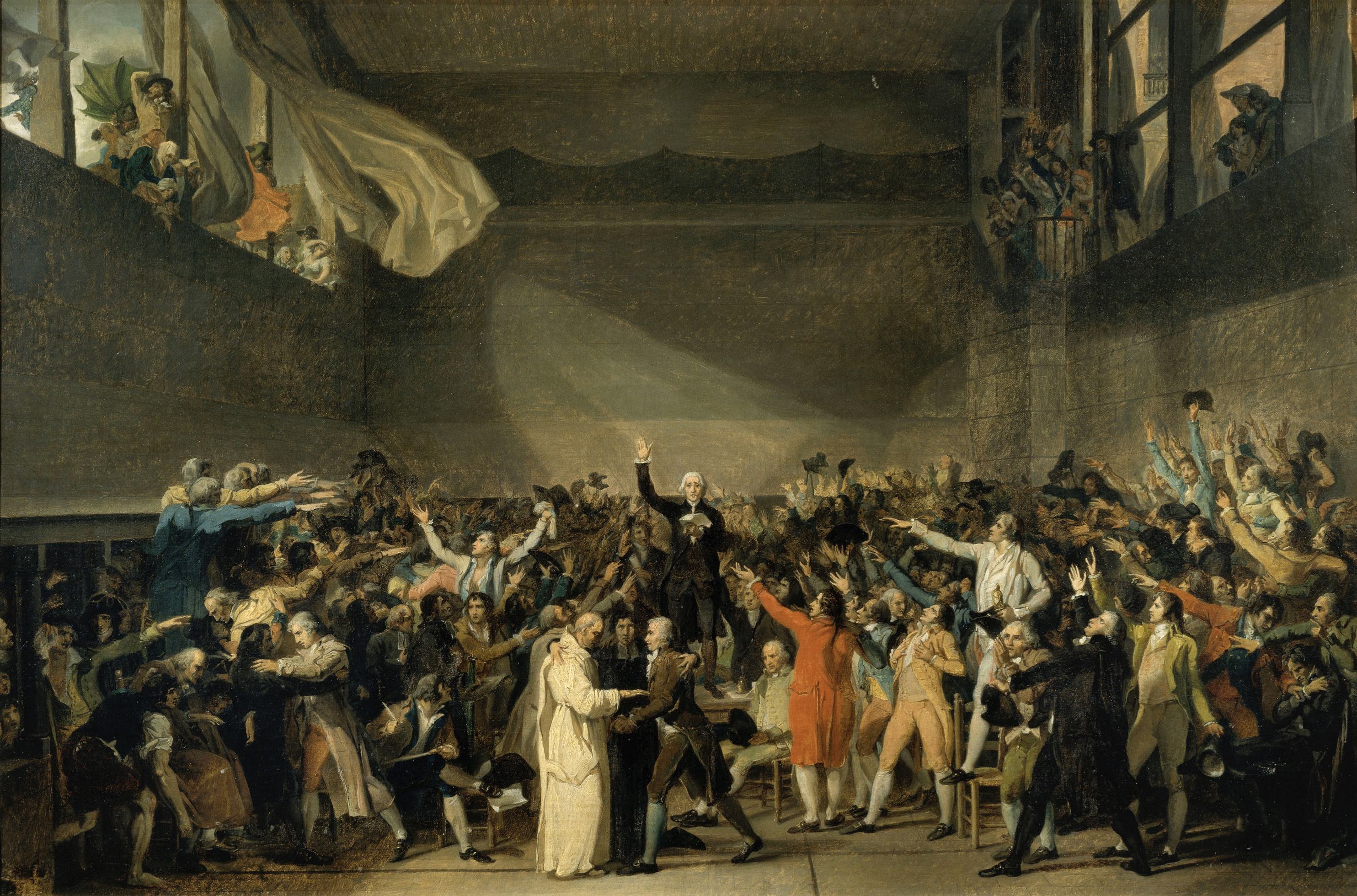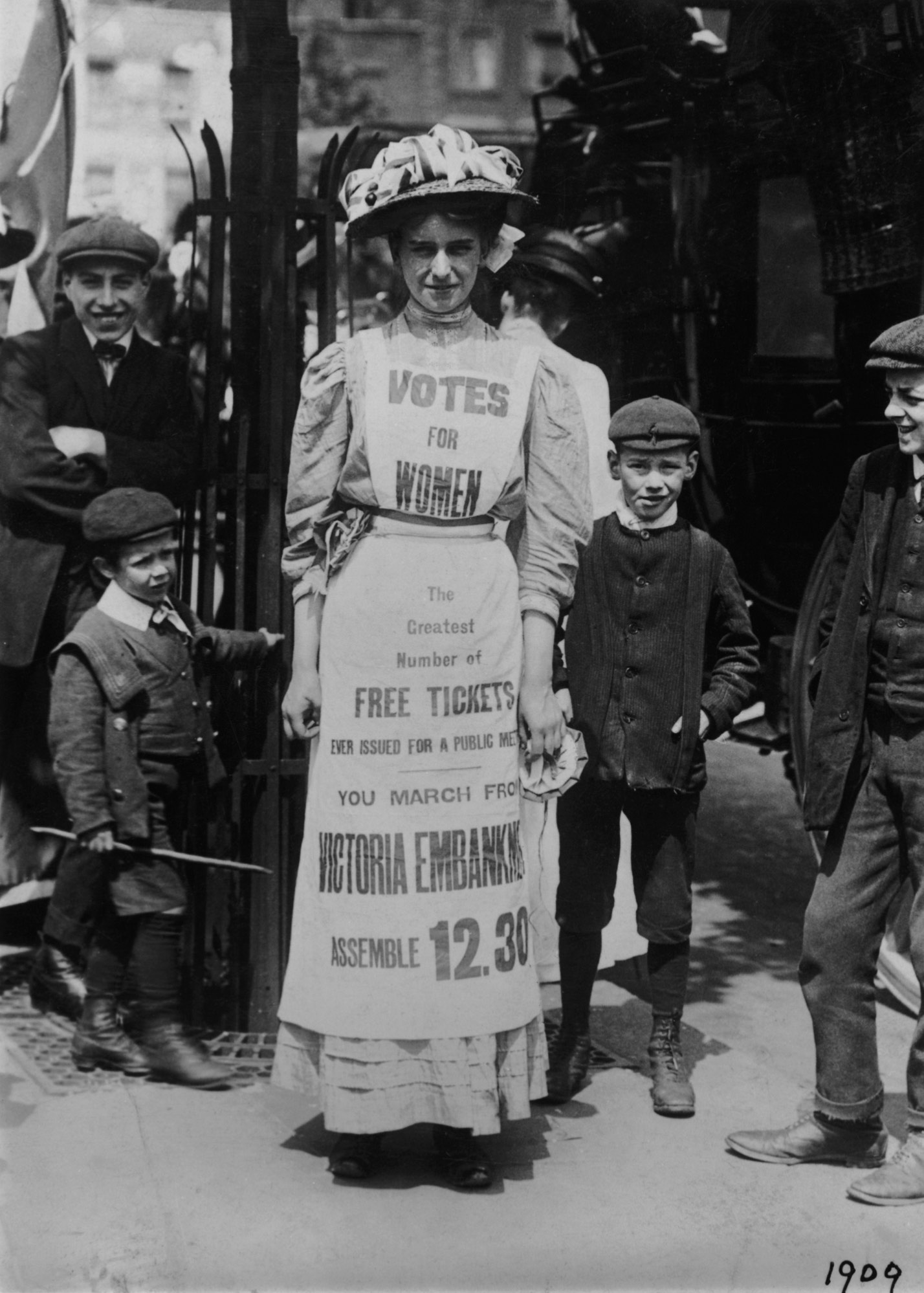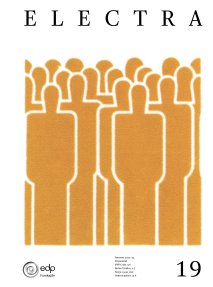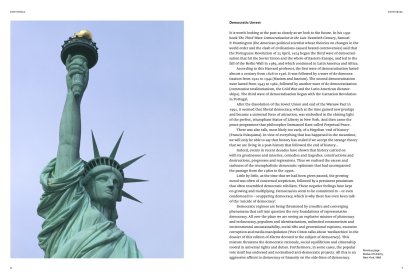Agamben showed, however, that the ties between these two ideas – legal and political on the one hand and economic and governmental on the other – are deeply rooted in the classics of Greek political thought and have instituted an ambiguous tradition that is hard to unravel.
Many of the attempts to clarify and explain the poor condition in which democracy finds itself are both necessary and insufficient. One of them claims that the disappearance of clear, distinctive political and ideological alternatives (giving that heavy, tepid sensation of ‘more of the same’ and ‘all the same’) frustrates, paralyses and discourages voters.
Others argue that the political, economic and financial system called neoliberalism, which globalises and is itself globalised, has taken over the real powers that belonged to politics. It has left the politicians as prisoners of an inescapable logic that forces them to serve, whether they like it or not, the imperatives and interests of the system’s orthodoxy, leaving them impotent and incapable of making a difference that generates choices and alternatives. In the 1990s, this inability to make a real difference, create a consistent alternative and dare to adopt courageous heterodoxy was called ‘single thought’.
This single thought, which permits no differences, or alternatives or heterodoxies, is considered to be the repository of the sense of history and the direction of progress. It represents a new historical determinism, which is certainly as dogmatic and mistaken as the old Marxist-Leninist determinism of both dialectic and historical materialism.
This new determinism, even when evoked repeatedly with almost religious unctuousness, belies and contradicts the words of the liberal philosopher Karl Popper on the misery of historicism, open societies and the vision of an always undetermined future to be built by the novelty of our thinking and deliberation of our actions.
This single thought, with its structural absence of otherness, unbalances and shuts down the democratic political system, meaning there can be no escape valves and preventing its dynamic creative work. It is single thought that many hold responsible for populisms and national populisms that are spreading and threatening even old, consolidated democracies. These populisms, with their anti-political and anti-politician discourse, have paradoxically resuscitated politics in its most savage and ruthless form.
There are people who have a different view of contemporary populisms. Take the well-known political scientist Chantal Mouffe whose article for this dossier of Electra sets out her ideas on the phenomenon. Here, she clarifies some of her concepts that help sort out the political and social threat of populism today.
Some other political essayists claim that the intentional, methodical annulment of politics, political philosophy and even political economics that we have seen was aimed at their forced, demeaning replacement by financial economics and commercial sociology, thereby transforming politicians into mere managers, salespeople or marketing specialists.
The Gordian knot gets even tighter when people say that any politics not conducted in accordance with the laws and rules of the dominant social and economic system ignores reality and our obligations to it. This politics is accused of being utopian or an ideological delusion, an economic fiasco, a management failure or irresponsibility towards the future and the generations that are going to build and endure it.
This means that there is no longer a choice between different policies, diverse doctrines, diverging ideas, opposing ideologies, conflicting moral policies or antagonistic proposals, all to be reduced to a ‘responsible’ or ‘irresponsible’ choice between reality and fantasy.
This fantasy – said to be incompetent, unacceptable and full of terrible consequences – has been given the infamous name of ideology or ‘ideological preconception’. The canonical code of the global economic and financial system describes as ideology whatever does not agree with this system. Everything that defends or reasserts it on the other hand, however ideological, utopian and unrealistic it may seem, as the sociologist Pierre Bourdieu showed, is always called realism, pragmatism, truth, accuracy, competence, management skill, financial correction or a vision of the future.
Therefore, when this system and its devices call for ‘reforms’, it is clear that these reforms are those that adapt what has not yet been adapted to its orthodoxy of preconceptions, purposes and gains.
In this same assembly line of conceptual instruments of power, the classic distinction between right and left was considered an anachronism and useless both for describing the political reality and for working within it. But those who proclaimed this were those who then began to flaunt the trophies that symbolised the triumph of the right over the left.
The effects caused by this unstoppable movement – or this relentless revolution (that since the 1980s has reconfigured democracy – and many say captured and falsified it) , were compounded by another source of pressure that has weakened it even further. It is the judicialisation of politics and the continuous attempts of the legal system to oppose, superimpose or impose itself on the political system in accordance and complicity with the media system. These combined attacks on the credibility of the democratic regime are a powerful cause of its fall from grace and a serious incitement to populist and anti-democratic impulses.
It is not a matter of denigrating or ignoring the essential role of the normal, indispensable exercise of judicial power in compliance with the law and the fight against crime. It is a question of recognising the creation of a device that generates and manages media sensationalism on legal issues, thereby making judicial power a kind of merciless, vigilante enemy of the other powers and their representatives or protagonists, the famous and powerful, in an opportune, premeditated, strategically planned display to show off their legitimate power and corporative strength.
Some of the voices that have been raised against democratic asthenia refer to those who might be the other reasons for this weakness and accuse the left of betting everything on so-called divisive identity causes, while placing social issues on the back burner and abandoning the field where the rights of the most unprotected, vulnerable and needy are defended.
The catalogue of democratic erosion factors also contains the crisis in the welfare state, the causes of which are also bones of unconfessed ideological contention. For some, the problem lies in the size of the state apparatus, which is too big and guarantees too many rights that are not financially viable. This argument can be summed up as, ‘There is not enough money to pay for the current welfare state’.
In reply to these statements, others retort that the capitalist regime in its current stage is founded on financial speculation, the domination of profit and social inequality. The welfare state therefore goes against the natural, intrinsic logic of new capitalism, by which it is unacceptable to use money for solidarity and equality – and not competition and difference, competitiveness and income, which are the driving forces of its victory march.
It is clear that, for people who embrace neoliberal ideas, they strengthen democracy rather than weaken it, as they take the energy of freedom, the results of initiative and the advantage of the enterprising spirit further than they have ever been before. For those who espouse these ideas, the current crisis of democracies is just growing pains. They believe that the real cause is inertia that rejects change and wants to hang on to outdated myths of equality and the distribution of wealth, even when they are unable to create it and are incapable of dealing with the new times. This is the time of capitalist development based on technology, communication, globalisation, the market and profit.
Whatever its nature and its cause, the crisis of democracy exists and is present. The reasons we have listed are further compounded by deep-seated reasons that have discredited politics and democracy, accused of being unable to respond to vital questions. These include the growing acceleration of time; the world’s continuous changeability under the overwhelming push of technology; the menacing instability of the economic and social factors that determine the insecurity of daily life; and the permanent fallibility of expectations, making everything contingent, provisional and precarious. This inevitably generates uncertainty and apprehension, frustration and fear.
Shoshana Zuboff , a professor at Harvard Business School and an expert on the effects of new technologies on the world of work has called our time ‘the age of surveillance capitalism’ and sets out these three laws: Everything that can be automated will be automated. Everything that can be computerised will be computerised. All digital apps that can be used for surveillance and control will be used for surveillance and control. This highly respected author believes that Google and Facebook are or have become the ‘antitheses of democracy’.
Even if they are not clearly visible and are just vaguely perceived, all these changes, with their omnipresent consequences for democracy, generate an individual and collective malaise and a disenchantment that appropriate, reduce or eliminate the vitality of democracy.
In the face of so many pressures and risks, democracy often seems to be a sequestered, impotent regime that is incapable of fulfilling its promises or achieving its goals of safeguarding the principles on behalf of which the following are instituted and proclaimed: defence of the general interest and the common good; compliance with the laws of democracy and equality of all under the law; and the protection of fundamental rights and freedoms that both arise from and embody it.
In an interview for this dossier of Electra, political scientist Wendy Brown states:









Share article